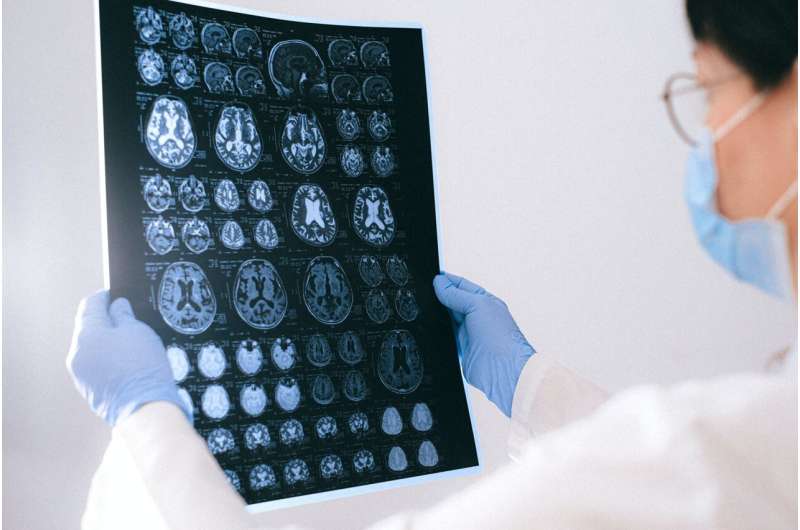Innovative Milk-Derived Extracellular Vesicle Hydrogel Promises Advanced Tissue Regeneration

Columbia researchers have developed an innovative hydrogel using milk-derived extracellular vesicles to advance tissue healing and regenerative medicine, offering a scalable and biocompatible solution for long-term tissue repair.
Researchers at Columbia Engineering have pioneered a novel bioactive hydrogel platform that harnesses extracellular vesicles (EVs) from milk, particularly yogurt, to facilitate tissue healing and regenerative medicine. This injectable hydrogel incorporates EVs not only as carriers of biological signals like proteins and genetic material but also as structural components that cross-link with biocompatible polymers. This dual role enhances the material’s capacity to mimic natural tissue mechanics and actively promote cellular regeneration.
The breakthrough, published in the journal Matter, addresses longstanding challenges in developing biomaterials that are both biocompatible and effective in tissue repair. By utilizing milk EVs, the team overcame previous limitations related to low yield and complexity in sourcing EVs from mammalian cells, making the process more accessible and scalable.
Correa and his colleagues demonstrated that yogurt EVs enable the hydrogel to deliver regenerative signals over sustained periods, supporting cell growth and tissue repair without the need for additional chemical additives. Early experiments with yogurt EV-based hydrogels in immunocompetent mice indicated high biocompatibility, with the material fostering new blood vessel formation—a critical factor in effective tissue regeneration—and creating an immune-environment conducive to healing.
This innovative approach is further strengthened through international collaboration with researchers from the University of Padova, integrating expertise in agricultural EV sourcing and nanomaterials. The platform’s modular design allows use of EVs from various sources, including mammalian and bacterial origins, broadening potential applications.
This research opens new avenues in regenerative medicine and wound healing, leveraging simple and sustainable sources like yogurt EVs. Such biomaterials could revolutionize treatments by enabling long-term tissue repair strategies that are both effective and minimally invasive, delivered locally via injection.
Correa’s team is actively exploring how these EV-based hydrogels modulate immune responses to further enhance healing processes, holding promise for next-generation therapies that closely mimic the body’s natural regenerative environment.
Source: https://medicalxpress.com/news/2025-07-scientists-tissue-gel-derived-extracellular.html
Stay Updated with Mia's Feed
Get the latest health & wellness insights delivered straight to your inbox.
Related Articles
Importance of Breast Cancer Screening in Women in Their 40s for Early Detection and Survival
Early breast cancer screening starting in women’s 40s can significantly improve survival rates by enabling early detection and treatment. A new study advocates for lowering screening age based on recent findings.
Rising Trends in Nicotine, Cannabis, Vaping, and Psychedelics Use in the United States
New research highlights a surge in nicotine pouches, cannabis, vaping, and psychedelics among U.S. adults and youth, reflecting changing drug use patterns and public health challenges.
Is It Time to Ban Plastics in Your Kitchen for Better Health?
Emerging research highlights health risks linked to plastics used in the kitchen, emphasizing the importance of choosing safer alternatives and reducing plastic exposure to protect long-term health.



